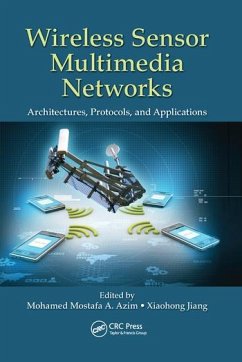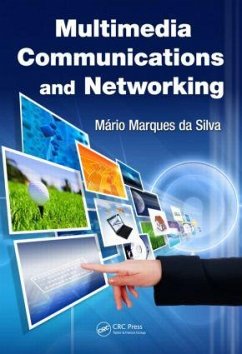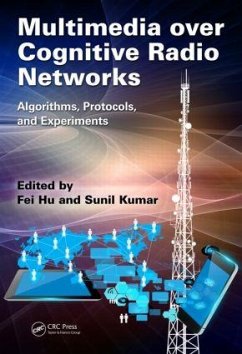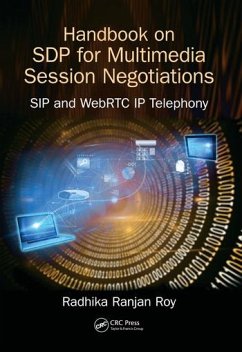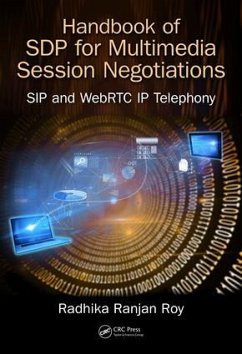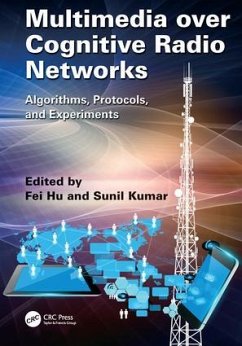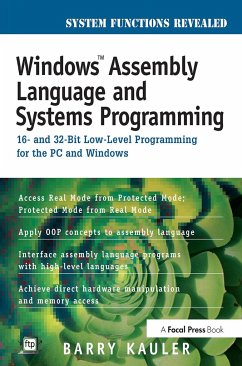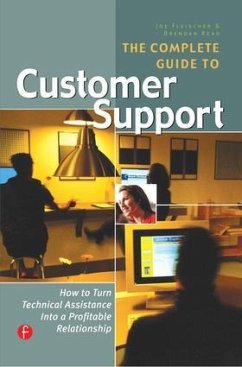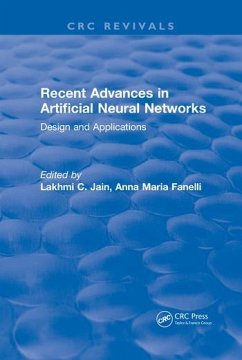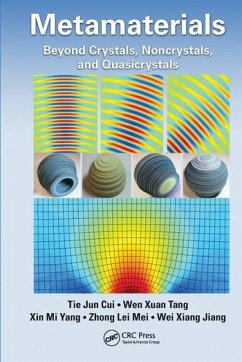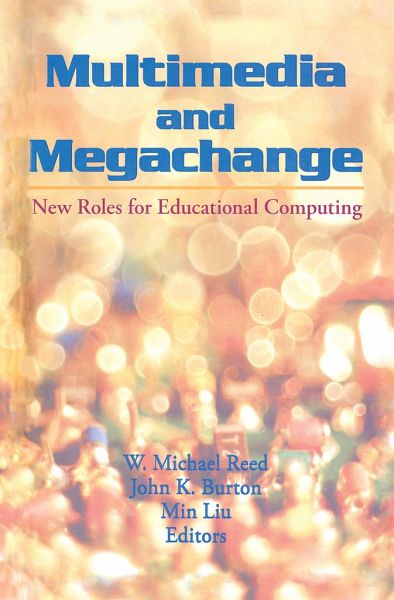
Multimedia and Megachange
New Roles for Educational Computing
Versandkostenfrei!
Versandfertig in 1-2 Wochen
69,99 €
inkl. MwSt.
Weitere Ausgaben:

PAYBACK Punkte
35 °P sammeln!
The use of multimedia strikes at the very heart of traditional teaching and learning methods, and is changing the way educators think about the whole process of teaching and learning. Multimedia and Megachange spurs ideas for the use of interactive technology to revolutionize teaching and learning. It describes and analyzes issues and trends that are currently setting a research and development agenda for educators.Contributors to this volume explore all fronts on which computer technology are changing the educational process:concept and theory research application designMultimedia and Megacha...
The use of multimedia strikes at the very heart of traditional teaching and learning methods, and is changing the way educators think about the whole process of teaching and learning. Multimedia and Megachange spurs ideas for the use of interactive technology to revolutionize teaching and learning. It describes and analyzes issues and trends that are currently setting a research and development agenda for educators.Contributors to this volume explore all fronts on which computer technology are changing the educational process:concept and theory research application designMultimedia and Megachange opens up the exciting world of how technology is dramatically changing how teachers teach and students learn. It also highlights spin-off changes for classroom management, greater sources of information, and improved evaluation and grading techniques.




